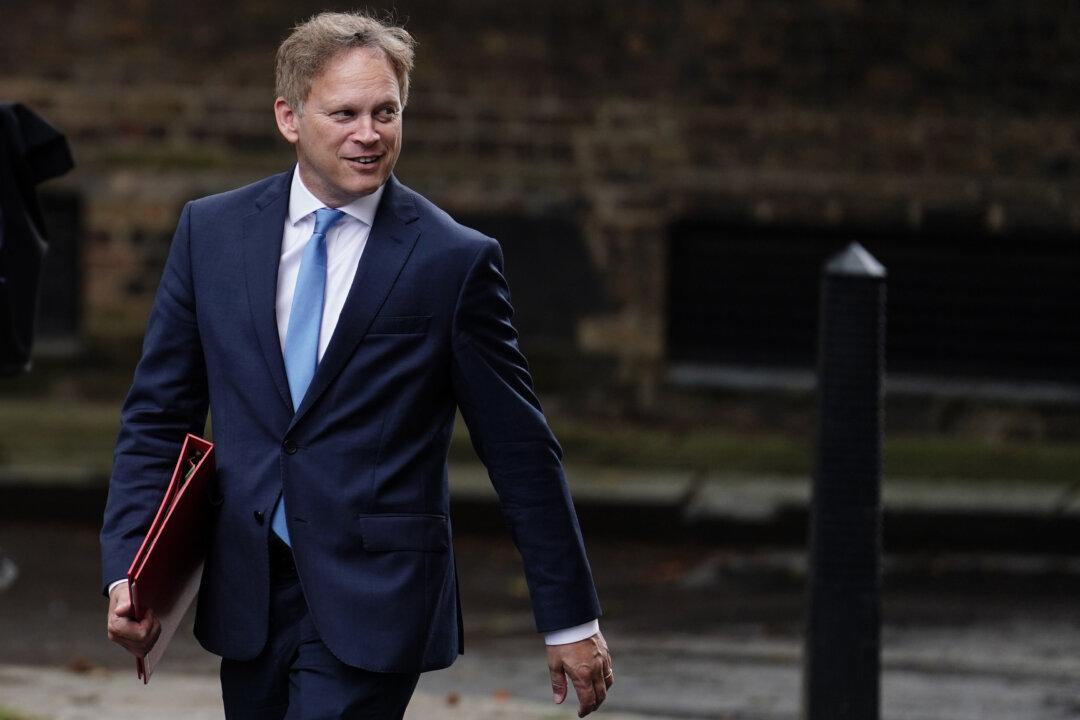Energy Secretary Grant Shapps convened a meeting with energy bosses in Downing Street on Wednesday to discuss their investments in power generation projects in the UK.
The minister intended to use the meeting to reassure companies that new powers in the Public Order Act will enable police to keep climate protesters out of energy infrastructure, the Department for Energy Security and Net Zero said.





